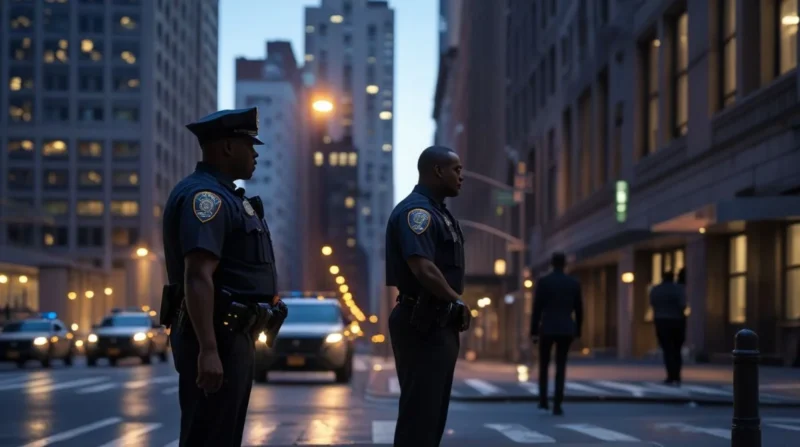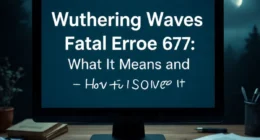Table of Contents
In New York, the phrase “arousing suspicion” holds significant legal weight. It refers to situations where law enforcement officers believe someone might be involved in criminal activity based on specific observations. Understanding this concept is crucial, as it affects how police interact with individuals and what rights citizens have during such encounters.
What Does “Arousing Suspicion” Mean?
“Arousing suspicion” occurs when a police officer observes behavior or circumstances that lead them to believe a person may be involved in criminal activity. This belief must be based on clear, specific facts rather than vague feelings or hunches. For instance, if someone is seen repeatedly looking into parked cars late at night in a high-theft area, an officer might reasonably suspect potential criminal intent.
The Legal Framework in New York
New York law outlines different levels of police encounters, each requiring a specific threshold of suspicion:
- Request for Information: This is the least intrusive level. Officers may approach individuals to ask basic, non-threatening questions, such as their name or destination. At this stage, individuals are free to walk away and are not obligated to answer.
- Common Law Right of Inquiry: If an officer has a “founded suspicion” that criminal activity is afoot, they can ask more pointed questions. However, this still doesn’t permit a search or detention. The suspicion must be based on observable facts, not just a person’s nervousness or presence in a high-crime area.
- Reasonable Suspicion: This allows officers to stop and briefly detain a person if they have reasonable suspicion that the individual is committing, has committed, or is about to commit a crime. This level requires specific and articulable facts that would lead a reasonable person to believe criminal activity is occurring.
- Probable Cause: This is a higher standard, where officers have enough evidence to believe that a person has committed a crime, allowing them to make an arrest or obtain a search warrant.
Importance of Specific and Articulable Facts
Courts have emphasized that officers must rely on specific observations rather than generalizations. For example, in People v. Garcia, the court ruled that nervousness alone does not justify a stop. Similarly, in People v. Desmornes, the court found that vague or unparticularized hunches are insufficient for a lawful stop.
Impact on Individuals
Being stopped by police can be a stressful experience. Understanding your rights is essential:
- Right to Remain Silent: You are not obligated to answer questions beyond identifying yourself.
- Right to Leave: Unless you are being detained under reasonable suspicion or arrested, you have the right to walk away.
- Right to Refuse a Search: Without probable cause or your consent, officers cannot search you.
Racial Disparities and Community Impact
Studies have shown that stop-and-frisk policies have disproportionately affected minority communities. In New York City, data revealed that Black and Hispanic individuals were more likely to be stopped and subjected to force during these encounters. This has led to increased distrust between law enforcement and the communities they serve.
Recent Legal Developments
New York has taken steps to address concerns about police encounters:
- Legislation: Bills have been introduced to limit certain police practices and enhance accountability.
- Policy Changes: Law enforcement agencies have revised protocols to ensure stops are based on clear, specific evidence.
FAQs
Q1. What does “arousing suspicion” mean in New York?
In New York, “arousing suspicion” means a police officer notices specific behavior or circumstances that may suggest a person is involved in criminal activity. This must be based on real observations, not just a gut feeling.
Q2. Can a police officer stop me for no reason in NY?
No, they cannot legally stop you without a valid reason. Officers need either a founded suspicion or a reasonable suspicion based on facts like your actions, location, or other specific indicators.
Q3. What’s the difference between founded suspicion and reasonable suspicion?
Founded suspicion allows officers to ask more focused questions, but not stop or search you. Reasonable suspicion means they believe you may be involved in a crime and can temporarily stop and question you.
Q4. Do I have to talk to the police if they stop me?
You have the right to remain silent, except in some cases where you may be asked to give your name. You’re not required to answer other questions unless you’re being detained or arrested.
Q5. Can I walk away if the police stop me?
If you’re not being detained or arrested and the officer hasn’t given a lawful order to stay, yes, you can calmly walk away. Always ask, “Am I free to go?” to be sure.
Conclusion
Understanding what “arousing suspicion” means in New York is vital for both citizens and law enforcement. It ensures that police actions are grounded in specific, observable facts, protecting individual rights while allowing officers to perform their duties effectively. Being informed empowers individuals to navigate encounters with law enforcement confidently and safely.









